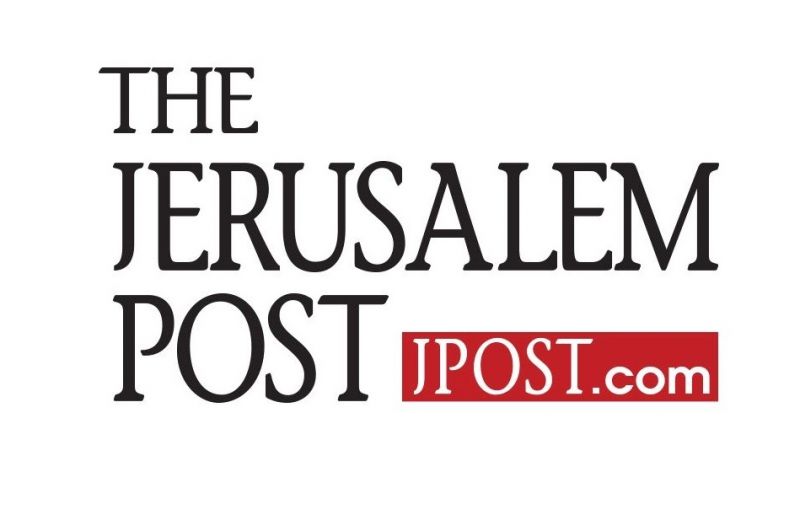 Op-eds
Op-eds
At the beginning of Mahmoud Abbas’s presidency, many in the international community placed their hopes in him, seeing him as a leader who could build a pluralistic Palestinian society. But that is not how things turned out. Historical circumstances, including the loss of control over the Gaza Strip, the need to stabilize the Palestinian Authority, and Abbas’s comprehensive reform of the Palestinian security services, led him to adopt concentrated leadership patterns. In the last several years these include limitations on freedom of expression, as part of the PA’s effort to cope with domestic challenges.
Shrinking the freedom of expression is a strategic move by the PA. Since its founding, the PA has used censorship as a tool to weaken oppositional voices from Hamas and the Left. At first, limitations on the freedom of expression were not anchored in legislation. The PA, through its security services, directly interacted with editors, journalists and newspaper editorial teams to dictate the limits of freedom of expression, without a formal censorship body. In June 2017 the PA announced – as a complementary step to older censorship laws – a presidential order preventing electronic criminal activity, adjusted to a zeitgeist where the Internet has replaced the city square. The order allows the PA to issue heavy fines and arrest anyone who expresses criticism of the PA online, including journalists and social activists. This order also allows the PA to mark anyone who shares or re-tweets critical content as a target.
The presidential order allowed the PA to begin waves of arrests, first against journalists identified with Hamas and Islamic Jihad, like Ahmad al-Halaiqah from the village of al-Shuyukh, Mamdouh Hamamreh from Husan, and Tareq Abu Zeid from Nablus. The order was also used to allow the arrests of social and political activists who focused their struggle against Israel, like Issa Amro from Hebron (who was arrested after he criticized the PA on social media). This reality stirs up criticism against the PA, domestically and abroad. International human rights organizations and the European Union have followed with concern the shrinking of freedom of expression, especially after the arrest of journalists, and they are not suppressing their criticism.
NEVERTHELESS, IT appears that the PA is not deterred, and is even increasing its measures due to the political circumstances.
The leadership of the PA in the West Bank is worried about a possible coup attempt by Hamas. Although Hamas lacks real military capabilities in the West Bank, it enjoys developed media capabilities. Hamas and Islamic organizations have a network of satellite television channels at their disposal through which they broadcast to the West Bank.
Moreover, they also have a significant number of propaganda outlets, news websites, and news agencies that they are identified with (for example, the Shehab News Agency, which boasts millions of followers), and which have wide exposure in the West Bank and the Arab world. In the age of social media and the fast exchange of messages, these are efficient tools for creating political power and influence. The PA is aware of the strength of Hamas’s media influence and is trying to damage it. The PA is even sacrificing the principle of freedom of expression within Palestinian society for the sake of this goal.
The shrinking of freedom of expression appears to be an organized policy of the PA, meant to help cope with the political challenges it faces in the waning years of Abbas’s presidency. These challenges include a lack of announcements about the identity of Abbas’s successor and the question of the continued existence of the PA in its current form. The expansion of measures limiting freedom of expression demonstrates the importance that the PA gives to the media as shapers of public opinion.
The voices emerging from the streets and the virtual city squares are worrying for the leadership of the PA, and the PA is acting to deepen its control over these spheres. From the perspective of the PA, this is a strategic process that is meant to entrench its control in the lead-up to a period of political instability.
The writer is a policy fellow at Mitvim-The Israeli Institute for Regional Foreign Policies, the director of the Middle East Studies Department at the Emek Yizrael Academic College, and an expert on Palestinian society and politics.


